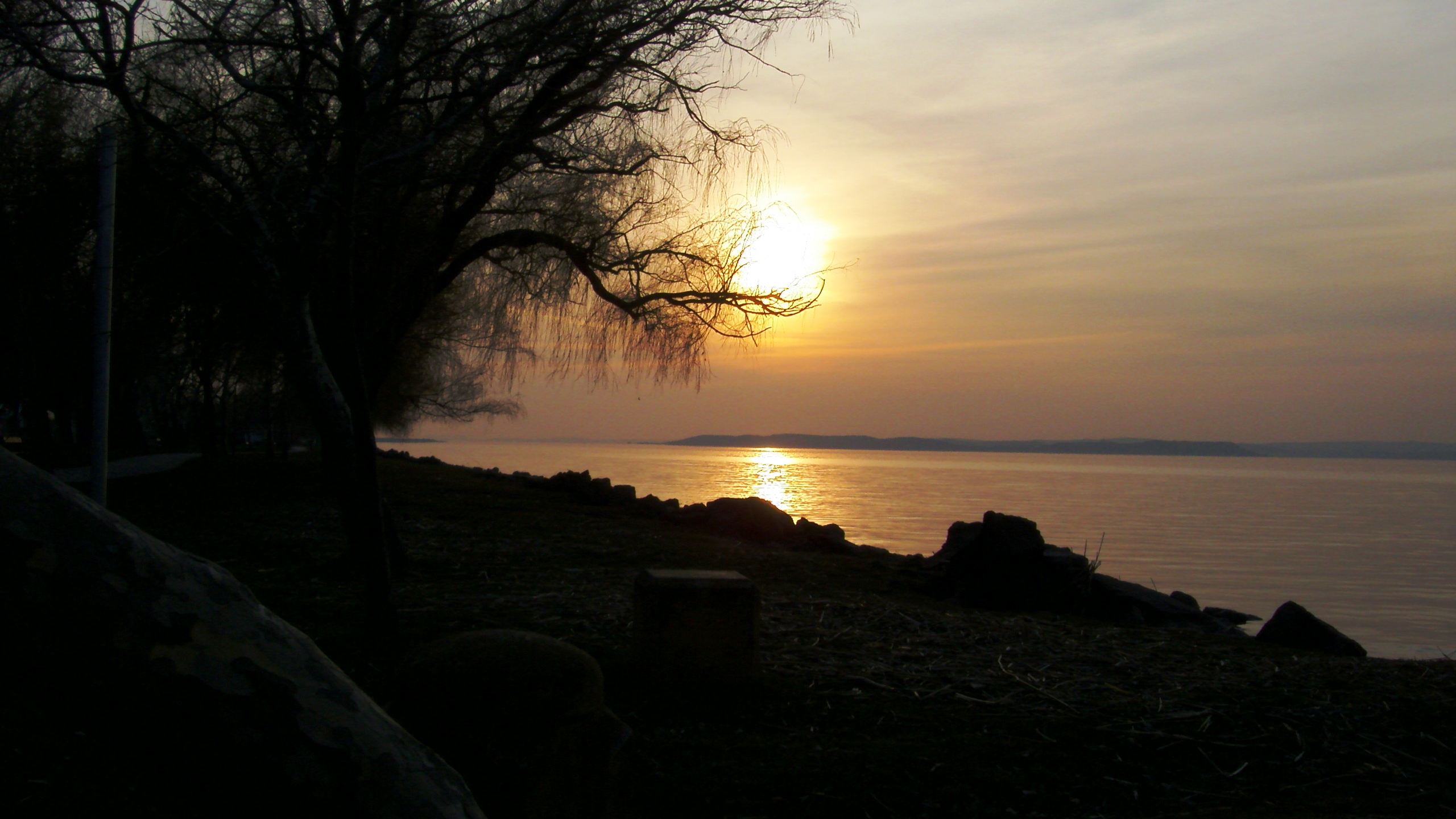“The water quality of Lake Balaton is good”
Tihany, Wednesday, May 13, 2020 (MTI) - The examination of the first water samples of this year revealed that there is nothing unusual in the water of Lake Balaton so far, it is of good quality and relatively low in algae, said Gergely Boros, Ecological He is a senior researcher at the Balaton Limnology Institute of the Research Center with MTI on Wednesday.
The head of the research institute said that the water tests showed similarly favorable results at this time last year, but the algal bloom occurred at the end of summer, so it is too early to assume that an event similar to last summer will not be repeated this year.
He also spoke about how the institution in Tihany does everything possible to monitor the wildlife and water quality of Lake Balaton as thoroughly as possible, but they have limited financial resources for such a purpose. Sampling and tests are carried out along the longitudinal axis of the lake monthly in spring and autumn, and every two weeks in summer. Daily sampling would be expedient, but in order to do this in accordance with international standards, the research institute would need at least HUF 100 million per year in additional resources, he said, indicating that additional resources have been requested.
Regarding last year's algal growth, he explained that the nutrients needed to trigger the phenomenon could either have entered the lake through some tributaries of Lake Balaton, or - more likely - some of the nutrients previously bound there could have been mobilized from the lake's sediment. At the same time, it is also conceivable that these two effects took effect simultaneously and added up during the critical period.
 According to the assumptions of the Tihany researchers, it cannot be ruled out that some algae living in the lake may be able to produce enzymes with the help of which they can reveal the phosphorus stored in otherwise more complex molecules. In this case, phosphorus could become available to the algae in large quantities, enabling their greater growth and spread. Among other things, the research institute is now planning tests that can confirm or refute this assumption, the researcher reported.
According to the assumptions of the Tihany researchers, it cannot be ruled out that some algae living in the lake may be able to produce enzymes with the help of which they can reveal the phosphorus stored in otherwise more complex molecules. In this case, phosphorus could become available to the algae in large quantities, enabling their greater growth and spread. Among other things, the research institute is now planning tests that can confirm or refute this assumption, the researcher reported.
What are algae?
Algae or kelp are different, broadly similar organisms capable of photosynthesis - all oxygen-producing organisms that appeared before embryonic plants (Embryophyta). The group is highly polyphyletic, so this colloquial name is not a systematic category. Except for cyanobacteria, they are eukaryotes.
The phenomenon of algal blooms, which become oxygen-poor in the summer heat, but in shallow lakes rich in nutrients, can also take on catastrophic proportions with the proliferation of cyanobacteria (formerly called blue algae).
472 total views, 3 today
472 total views, 3 today










